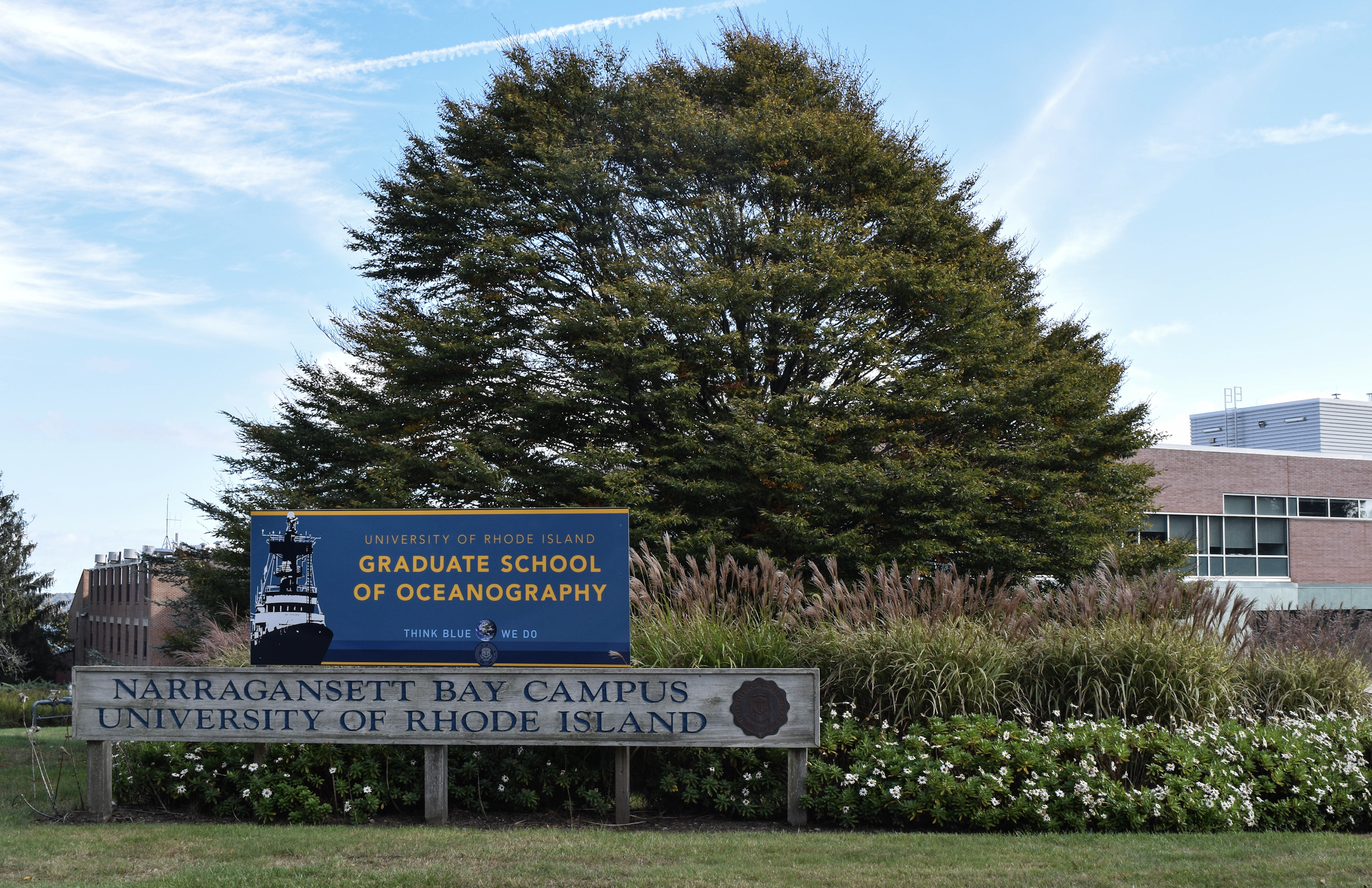Anna Meassick | The URI Graduate School of Oceanography will soon be the home of a brand new research vessel that will replace the “Endeavor.”
The University of Rhode Island’s Graduate School of Oceanography will be receiving a new $120 million research vessel from the National Science Foundation in the fall of 2021.
To acquire the vessel, URI submitted a proposal to the NSF in early January that asked they be given permission to operate the ship. As part of the proposal, the University committed to upgrading the dock at the Narragansett Bay Campus as well as building a new marine operations building. A $45 million bond referendum will be on the ballot this November to fund these projects.
Through a collaborative effort of 16 institutions, the University formed a consortium of scientists that will be using the research vessel. It will provide a state-of-the-art facility to carry out oceanographic research throughout the Atlantic and adjoining seas.
“We formed a consortium with the Woods Hole Oceanographic Institution, the University of New Hampshire and 13 other institutions on the east coast, and we anticipate that scientists from all of those institutions will use the vessel,” GSO Dean Bruce Corliss said. “It has capabilities that far exceed our current vessel. The vessel will be a great resource for the University and the State of Rhode Island in terms of the research it can carry out and the education that is part of our graduate school of Oceanography.”
The current ship located at the GSO is named “The Endeavor,” which has been used for the last 43 years. The state of Rhode Island has an Endeavor program that funds oceanographic research for K-12 teachers, graduate students and some undergraduate students. It is equipped with a telepresence program that allows the scientists on board to show their research in real-time to people on land. The new ship plans to continue this program as well as increase the telepresence capabilities on-board.
“This ship is going to have direct telepresence back to the interspace center at GSO which can then be broadcast worldwide,” Marine Research Associate Veronica Berounsky said. “It’s not just that people are on the ship and there’s cool stuff going on out there, but that you can tune in through your computer and find out what’s going on from a thousand miles away.”
Although the ship will mostly be sailing deep into the Atlantic and far off the coast of Rhode Island, it will be logging data such as water temperature and sea currents that affect the Rhode Island coastline.
“The boat won’t be spending a whole lot of time in the bay, it will be mostly offshore but the important point is that it’s gathering data that’s affecting the coast,” Berounsky said. “Whether it’s looking at water temperatures from the shore all the way out, those are water masses that are coming into the Narragansett Bay and are affecting the temperature and the nutrients that are coming in.”
Corliss and other professors at the GSO are excited for the new vessel and the possibilities that will come along with it. Although it is supposed to arrive in 2021, there will be a one-year period of sea trials before it can be used for research cruises.
“The vessel will be a great resource for the University and the State of Rhode Island in terms of the research it can carry out and the education that is part of our graduate school of Oceanography,” Corliss said.





